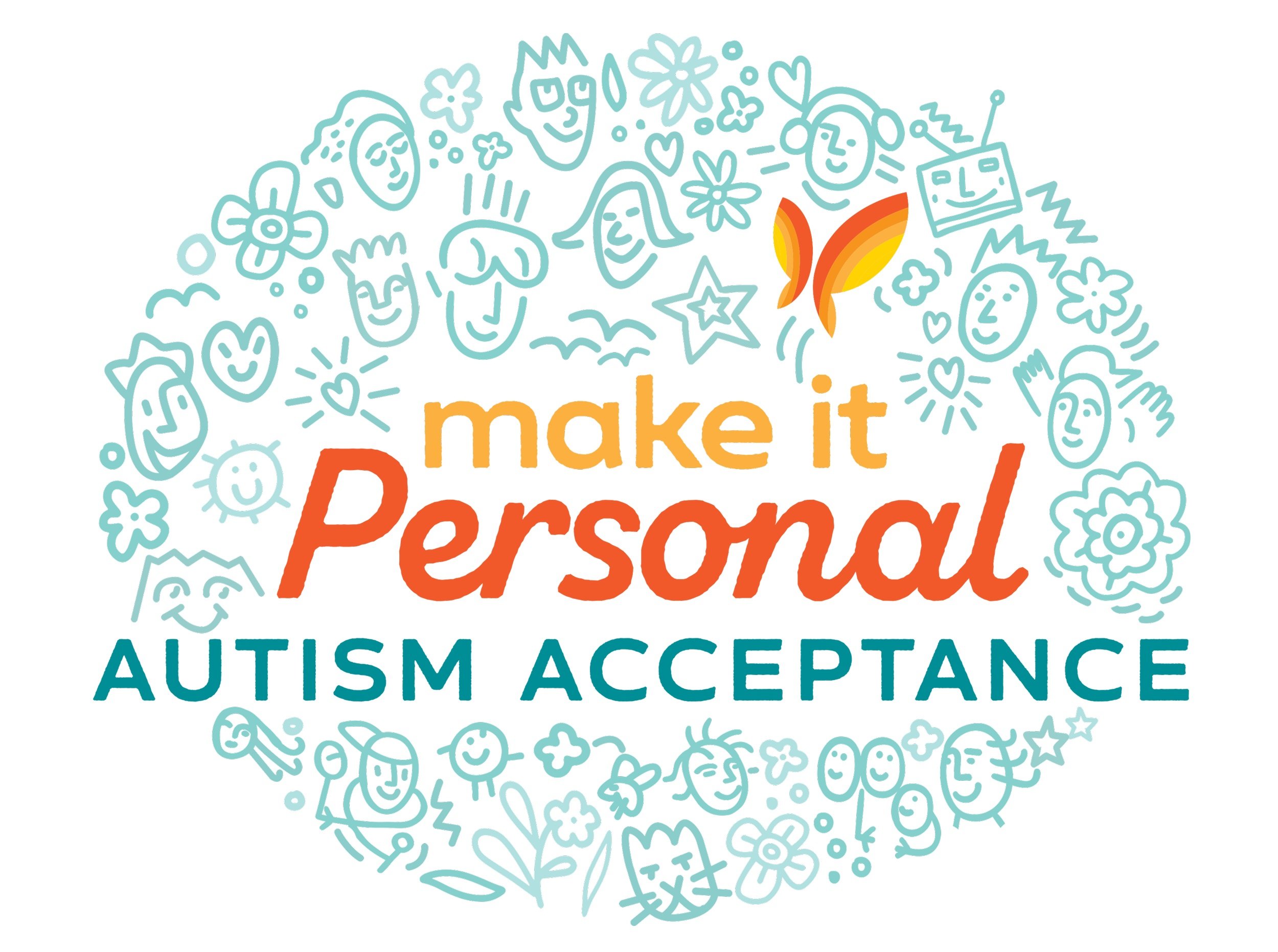Language – Autistic person vs. person with autism
It can sometimes be confusing to know how to refer to someone with autism.
It is important that we listen to the various voices around us, treat others with compassion, and respect individuals’ identities/preferences. Historically, using person-first language (e.g., child with autism) was considered the “correct” approach in keeping with a more medical/scientific mindset. The perspective is that the person’s diagnosis does not define them and that using person-first language is considered a way to be respectful of this. This is consistent with autism being thought of and experienced as a disability.
However, in more recent years, it has become apparent that many self-advocates and their allies prefer identify-first language (e.g., “autistic” or “autistic person”). This perspective is that they view autism as an essential part of their identity – one that they see no issue being defined by. This is consistent with autism being thought of and experienced as more of a neurological difference.
It has often been the standard for autism advocacy organizations like Autism New Jersey to use person-first language in keeping with the approach of the medical/scientific community. However, it is also important to recognize that there is a portion of the autism community that has a strong desire for the use of identity-first language. At Autism New Jersey, you will notice that we alternate between identity-first and person-first language as a way to recognize that both have support within the full spectrum of the autism community.
The bottom line is this - we encourage everyone to always speak to and about someone respectfully and in a way that honors their identity and their preferences.
Some suggestions:
If you use one term and they correct you and request that you use another, you are encouraged to respect their request.
If you notice the person using a particular term, you can consider “mirroring” their language and adopting similar phrasing.
If you’re speaking with someone with autism and find yourself referencing “people with autism” or “autistic people,” you can consider asking them if they have a preference or way of identifying.

